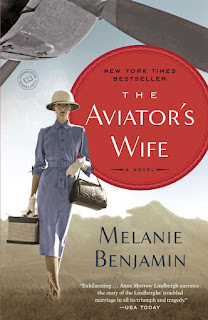He wasn't following any preconceived plan. He was going forwards, wherever that might be, trying above all not to form any opinions.
Georges Simenon, Maigret and the Nahour Case
Following the evidence, not one's opinions or "gut feelings," would seem wise for any detective, actual or fictional. Too many detectives in the mysteries I've read and the TV shows I've watched seem to settle on one early suspect until that well runs dry, then settle on another until finally, almost through the process of elimination, they find on the real killer.
The great Parisian police detective Maigret stays true to his ideal in Maigret and the Nahour Case (1966) by Georges Simenon. Or does he?Maigret is woken in the middle of the night by a physician friend in whose home he and his wife had had dinner just a few hours ago. The doctor has just treated a young woman with a minor bullet wound, who had then skipped out with the man accompanying her before the doctor had gotten her name and other details.
The next morning a murder victim is found who turns out to be this woman's husband. She and the man with her are traced to Amsterdam, but are soon brought back to Paris.
Everyone involved in the case seems to be telling a string of lies. Some change their stories under questioning, while others stick to one version. But where does the truth lie?
Some of Maigret's methods seem questionable to me. For example, he lets suspects and witnesses spend the night in the house where the murder took place, even before all the evidence has been gathered. In one passage where he is supposedly questioning a prime suspect, Maigret actually answers more questions about the case than the suspect does.
Someone is arrested and convicted by the end of this 163-page novel, yet Maigret never actually discovers conclusive evidence. A lingering doubt remains at the end. Are Maigret's conclusions perhaps swayed by his own opinions because he feels compassion for one suspect, not another?










